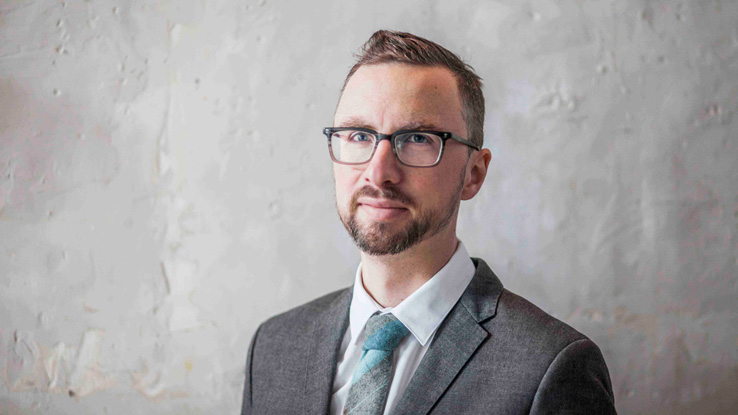From The Globe and Mail article
Perhaps this year you’ve resolved to improve your health. You’re eating better. You’re exercising regularly. You’re staying hydrated, and prioritizing sleep. But have you also thought about what you can do to ensure your friends are healthy too? Your neighbours? Your surrounding environment and wildlife?
No doubt the measures you’re taking are good for you. But regardless of what any one of us does to keep fit and stay well, our risk of COVID-19 and other viruses depends heavily on how many people around us are infected and how close they are, and how much virus circulates in the air we breathe. Likewise, even assuming we have the ability and resources to do so, practising self-care can only protect us so much from countless other health threats, from environmental carcinogens to deadly heat waves to toxic work cultures that induce chronic stress and burnout.
There’s nothing like a global pandemic occurring amid a climate crisis to drive home the reality that our individual health depends not just on our own efforts, but on the health of our communities and ecosystem.
Yet the pandemic has demonstrated how difficult it is to shake the stubborn myth that we are masters of our own health. The phrase “we’re all in this together” quickly gave way to advice from public-health officers and politicians to “assess your own risk,” and consider using “individual public-health measures” as “a personal choice.”
The every-person-for-themselves approach to COVID-19 has driven deep social divides among people trying to protect themselves, either from infection or from a sense of threat to their freedoms. Behind all the debates about face masks, vaccines and the necessity for lockdowns and mandates lies a deeper, more fundamental question: Why should we protect or even care about the health and well-being of others (including those who don’t share our views)?
The reasons aren’t always obvious. But some doctors, researchers and academics say failing to do so could come back to bite us. If we continue to view health as an exclusively personal matter, one that does not require us to also act as stewards of our community and environmental health, it could be to our own detriment, leading to more illnesses, increased burden on our health care system, and greater social costs in the long run.
“It’s kind of a sad state of affairs that we would even ask that question,” said Lindsay McLaren, a professor in the department of community health sciences at the University of Calgary. “We are a collective and there’s no two ways about that.”
Toronto epidemiologist Dan Werb says thinking about vaccines as personal protection is a mistake.
“People regularly get vaccinated under the assumption that doing so will directly help them,” he wrote in his award-winning book, The Invisible Siege: The Rise of Coronaviruses and the Search for a Cure. “But vaccines aren’t meant to protect a person from disease – what they are meant to do is protect populations from epidemics.”
Certainly, individuals have died of COVID-19, even after being fully vaccinated. But at a population level, vaccines have prevented as many as 19.8 million deaths from COVID-19 worldwide, according to the estimates of a mathematical modelling study published in The Lancet Infectious Diseases journal in June. Even though vaccines have not reduced infections to the extent many had initially hoped, they have drastically slashed the proportion of people who require hospitalization and lowered the risk of long-COVID.
The difference between personal and population-level protection isn’t just semantics. Consider this, Dr. Werb suggested: Would you rather be the only vaccinated person in the world? Or would you rather have your entire social network, your co-workers, and everyone you encounter vaccinated, except you? (The same concept can be applied to masks, too. The benefit of wearing them is greatest when everyone wears them.)

